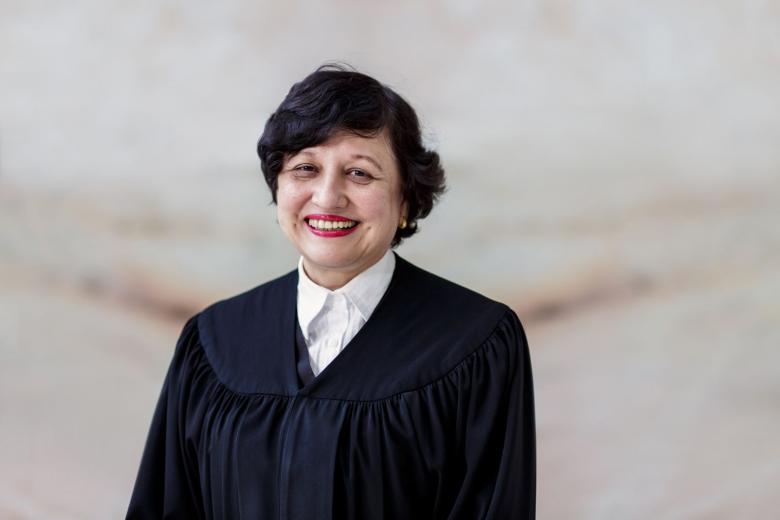
Pleadings 101 With Justice Judith Prakash
Lessons from the first woman to be appointed a permanent judge of Singapore’s apex court.
BY ASHUTOSH RAVIKRISHNAN
Justice Judith Prakash has no qualms about professing the importance of pleadings. She asserts, “They are both central and fundamental to a court case.” They also act as “boundary lines” in trials, ensuring that parties know exactly why they’re going to trial, preventing them from introducing additional facts or legal arguments that don’t fall within those lines. “Unless, of course, they obtain leave of court to amend their pleadings.”
In her time on the High Court Bench, Justice Prakash has seen thousands of pleadings. She applies a consistent approach to them, looking out for a “clear account of the facts on which the claim is based, followed by a precise indication of the reliefs claimed.” Brevity is important, but she warns that they must not leave the reader confused or unclear. “If a statement of claim does not contain the basic facts needed to found a claim, it can be struck out for disclosing no cause of action.”
“Sometimes, this means a longer statement of claim,” she admits. “But a good pleader should be able to distinguish between the necessary facts of the claim and the additional facts that will help prove these. The additional facts should not clutter up the statement of claim.”
SHE SAYS: “A pleadings’ database would be helpful to practitioners by showing them examples of well-drafted pleadings and thereby assist them in drafting suitable pleadings for their own cases. It might also be useful to have a section of ‘awful examples’, ie, pleadings which are totally inadequate with explanations as to why this is so.”
When it comes to a defence, she advises counsel to be responsive to the statement of claim so that the judge can easily understand which allegations are being admitted and which are being denied, and on what grounds. “It is harder to craft a good defence than a good statement of claim,” she explains in her trademark straightforward manner. “The defence should not simply tell the defendant’s version of the dispute without reference to the statement of claim.” A pleading makes it clear whether a defence has adequate material to raise a triable issue. In cases in which the defence does not disclose either facts or a legal basis to dispute the claim, summary judgment may be given.
The principle of brevity and purpose also extends to written replies, which Justice Prakash says should deal with the allegations in the defence which have not been brought out in the statement of claim. “There is no need to repeat all the facts of the statement of claim in the reply.”
On a final note, Justice Prakash stresses that a pleading is ultimately a legal document. “A pleading that throws in everything that the client has told the lawyer is not a good pleading. A good pleading reflects discrimination in relation to facts and knowledge of the law which it is intended to rely on. An inadequate pleading will definitely hinder a party in either prosecuting its case or in presenting its defence to a claim.”
Picked by judges for their language, concision and organisation, LawNet’s Pleadings database is a useful guide to pen the perfect pleading. We’re taking away the hassle of trawling through individual case reports to find their associated pleadings—by storing them in one easy-to-find database, you’ll have the best pleadings at your fingertips. LawNet’s Pleadings database is an add-on service for LawNet basic subscribers in Singapore. Subscribe by logging in to LawNet adding “Pleadings” to your existing subscriptions through the admin module.

